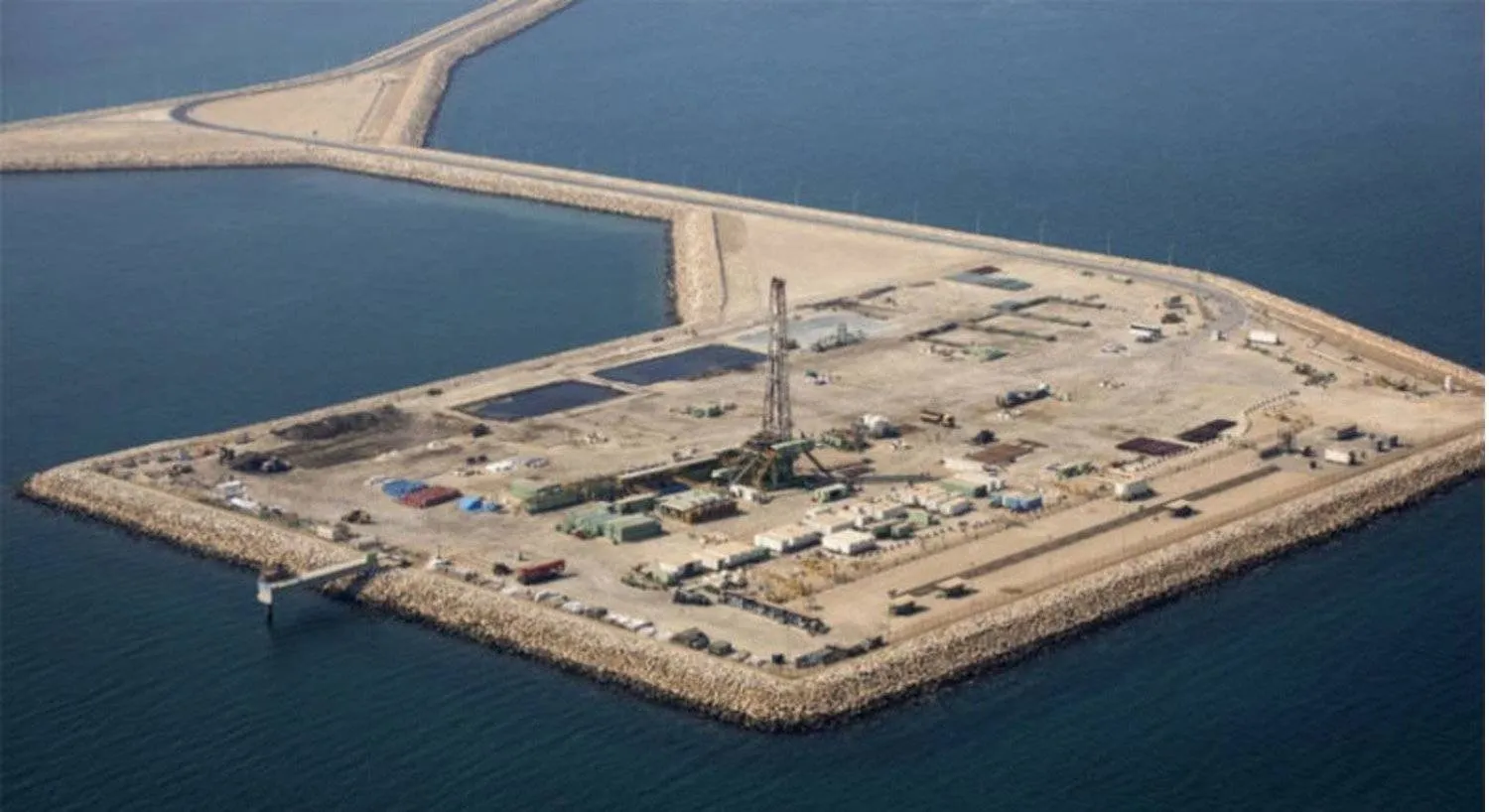Procedures for drilling and construction work on the Durra gas field will begin later this year after engineering studies wrap up later this summer, Kuwait Petroleum Corporation’s (KPC) CEO Sheikh Nawaf Saud Al-Sabah told Reuters on Thursday.
Saudi Arabia and Kuwait affirm they jointly own rights to natural resources in Durra while Iran claims a stake in the Gulf's gas field.
Sheikh Nawaf said the company plans to invest 7 billion Kuwaiti dinars ($22.92 billion) on its upstream operations over the next five years.
He also said that KPC would reach a production capacity of 3.2 million barrels per day (bpd) by the end of this year and expects to increase that to 4 million bpd by 2035.
Earlier, the CEO of the Kuwait Petroleum Corporation told CNBC Arabia that production operations in offshore reservoirs require seven years. “But we expect to start production from Al-Nokhatha field within a shorter period of time,” he said.
The CEO noted that the oil and gas discovery at Al-Nokhatha field supports Kuwait’s strategy to increase its capacity to 4 million bpd by 2035.
On Wednesday, State-owned Kuwait Oil Company (KOC) announced preparations to begin digging six new exploratory wells in the country’s territorial waters, which contains large hydrocarbon resources.
The announcement came after KPC said on Sunday it had made a “giant” oil discovery in the Al-Nokhatha field, with oil reserves estimated at 3.2 billion barrels.









